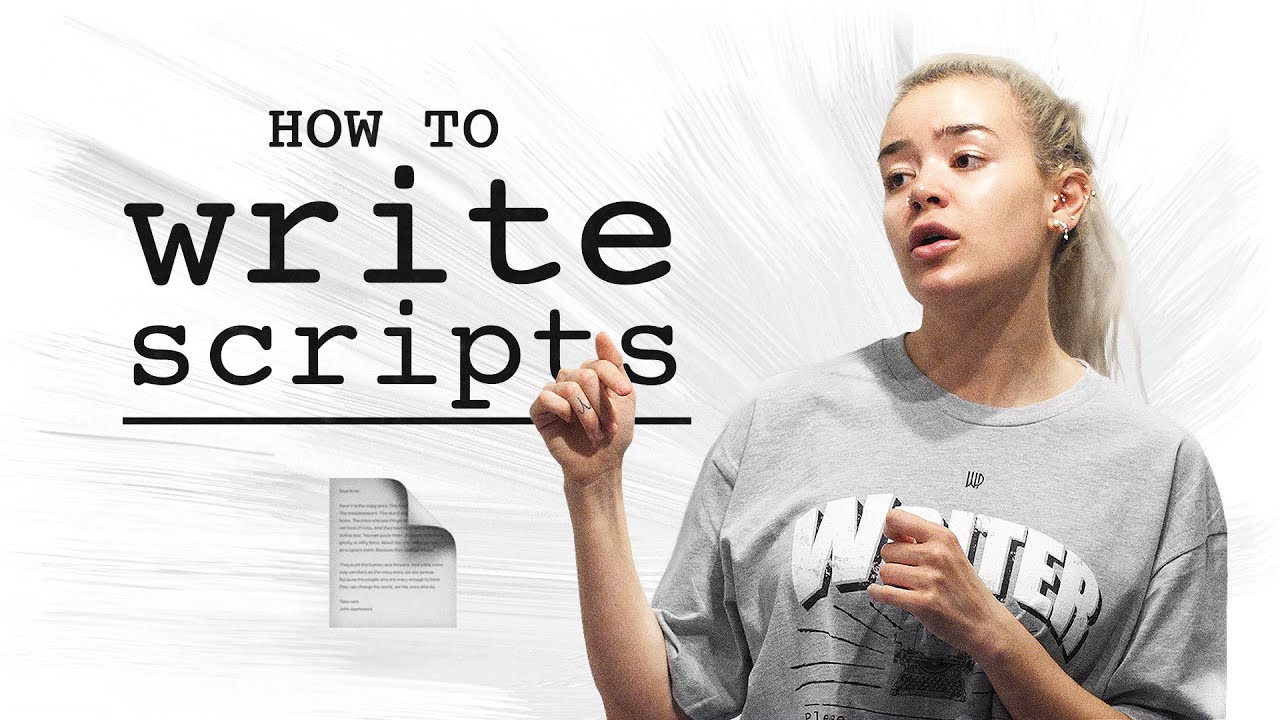Writing a movie script isn’t like writing a book. Although both have a story to narrate, writing a movie needs specialized skills.
You may have an original story or borrow one from a book or novel; writing a script requires reading a script. Understand your craft by closely following other scriptwriters and their work. By doing so, you will be able to differentiate book writing and scriptwriting.
Producer and writer Bardya Ziaian and Graham Yost have written movie scripts for award-winning movies.
Here are five steps that will help you in writing great movie scripts.
- Create a logline
A logline is a brief about your story. It is like a blueprint that gives an idea of your script. It can be a detailed one, but a few lines about what happens in your story should be sufficient.
- Write a synopsis
The next step would be to write a detailed synopsis of the story, describing each character, and what happens with them in each scene. Give a title to your script and copyright it.
- Add dialogues
Great dialogues take time and practice, and dialogue writing is the hardest part of script writing. In novels, the author can explain each character’s emotions in sentences. But, in movies, every emotion is conveyed through dialogues. There you can’t write exactly how you speak, but you have to make your characters look real.
Write no fluff! Cut to the point and use wit and humour. In movies, people are funnier and smarter than real people.
A Passionate entrepreneur, Bardya Ziaian also serves as a producer and writer for the comedy thriller, Super Dicks.
These are a few tips to follow while writing a script.
- Write in the present tense
- Write the location and time of the day for each scene
- Only write what you can show on the screen
- Explain emotions
- Write details of all physical actions (what moves where and what happens next)
- Describe each dialogue (what emotion each dialogue would deliver in a scene)
- Rewrite
Get someone experienced to read your script and give you notes and feedback. Someone else’s perspective can give you fresh ideas. Understand their POV and make desired changes to your narrative.
Rewriting can get frustrating. Don’t rush to do everything at once. Let the feedback sink in. Incorporate the points and read the script with a fresh mind.
- Submit
Once you are convinced about your writing, submit it in the correct format. Remember that your script will get rejected if it isn’t in the prescribed format. Although, there isn’t a ‘one rule fits all’ for all producers and filmmakers, there are some formats that every writer needs to follow. Make a professional script.
The best tip for scriptwriting is to ‘just write’. Don’t let the endless challenges of screenwriting scare you away from writing your first masterpiece. Put your thoughts on a paper and get it edited by a professional editor. Ensure that you have touched all significant points of a movie screenplay, and write a blockbuster.
